This article was written by Rachel Ramsey (ACE Facility Facility Program Manager) on behalf of the Caribbean Biodiversity Fund (CBF). Written to commemorate the International Day of Zero Waste, which is observed annually on March 30, the article aims to promote sustainable consumption and production patterns. By supporting a societal shift towards circularity, and raising awareness about zero-waste initiatives, we can all contribute to the advancement of the 2030 Agenda for Sustainable Development.
Have you ever thought about the amount of trash that you generate and toss out every day?
For some people, this trash can be a mixture of plastic, Styrofoam, aluminium and glass items.
For others, daily disposals can include larger articles like appliances and electronic equipment.
But whether it’s toxic chemicals like waste oils, or other waste items like food products, the amount of trash a person disposes on a daily basis contributes to the overwhelming waste generation rates at the personal, national, and regional levels.
Data in the 2018 UN Environment Waste Management Outlook for Latin America and the Caribbean revealed that each person in the Caribbean generates at least kilogram of waste each day and these figures continue to increase due to changes in our consumption practices.
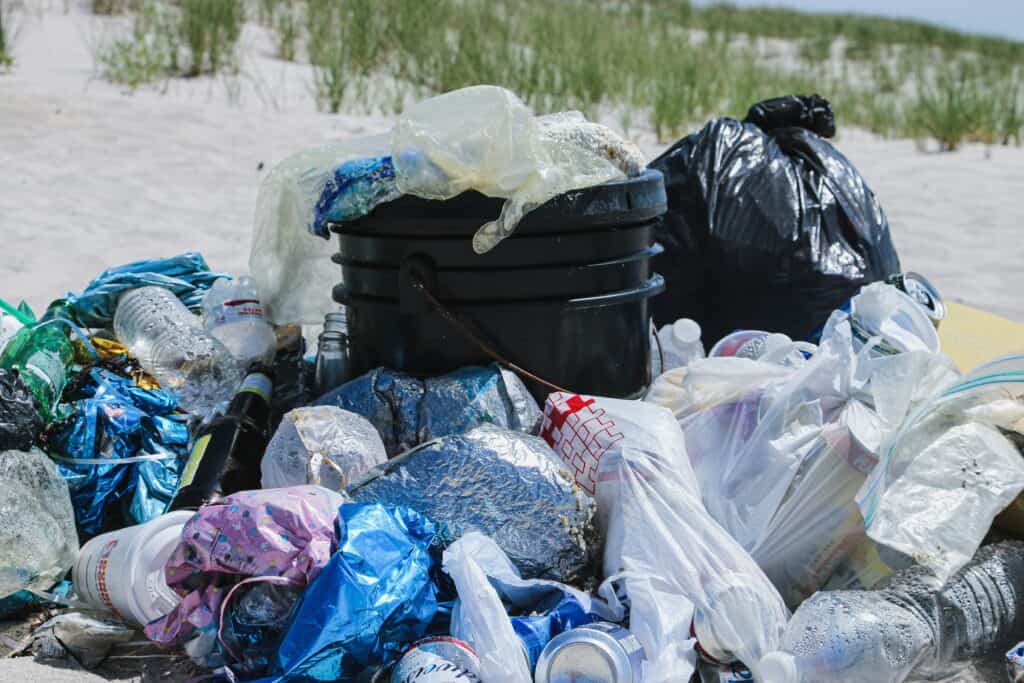
Where does all the waste go?
A solid waste and marine litter report by the UN Environment Programme (UNEP) stated that less than 35 per cent of the waste generated in the Caribbean makes its way to appropriate disposal management and treatment sites.
The waste that isn’t handled at properly engineered landfills and waste management sites is either dumped, burnt or disposed of by inadequate practices.
Meanwhile, 80 per cent of marine pollution in the Caribbean stems from direct or indirect discharge of solids and liquids from land-based sources such as rivers, outfalls, waterways, agricultural runoff, and infrastructure.
A study by the UNEP Cartagena Convention Secretariat and Caribbean Tourism Organisation also found as much as 2,014 items of litter, per kilometre, on beaches and coastal areas.
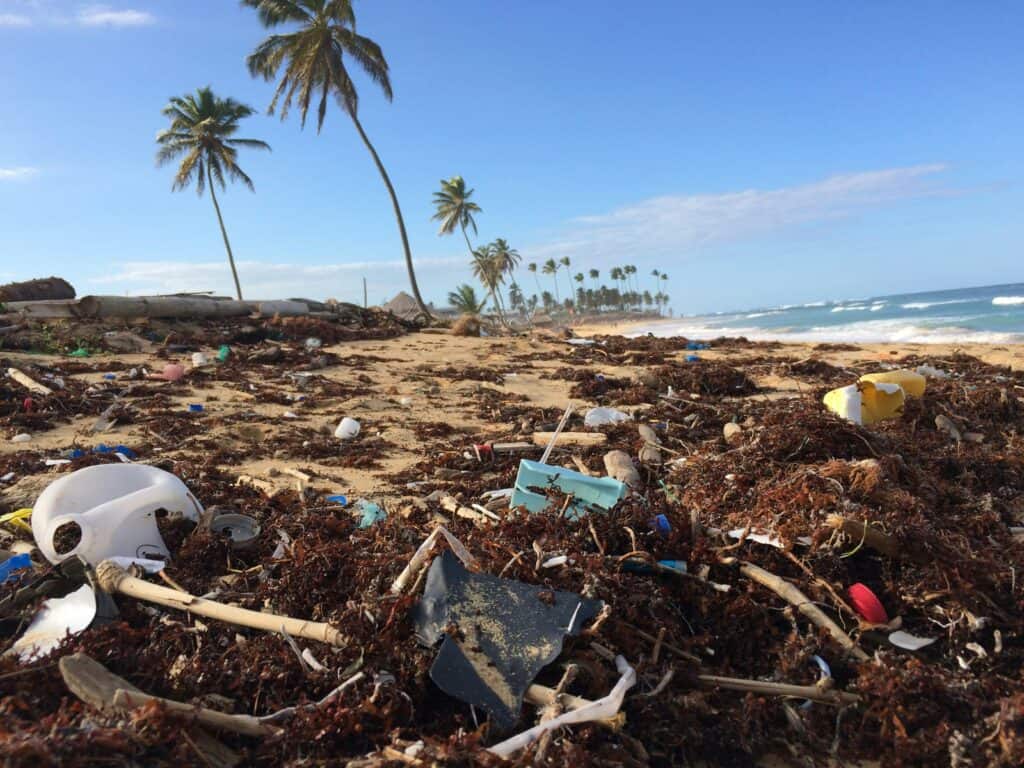
In the Caribbean, high waste generation rates and limited waste management options will continue to affect the natural environment and have severe consequences.
Solid waste pollution both on land and in waterways continues to affect the quality of the region’s natural environment.
Air pollution substantially affects livelihoods as it gives way to health concerns, decreased quality of life, public safety hazards and loss of revenue through impact to tourism and/or general recreation activities.
In 2017 alone, the United Nations estimated that marine and coastal tourism generated USD $57 billion in revenue for the Caribbean while fisheries employed over 340,000 people (4.3 percent of the region’s workforce).
With this in mind, it’s important to note that every-day waste generation could affect this revenue source and continue to fuel planetary environmental crises like climate change and biodiversity loss.
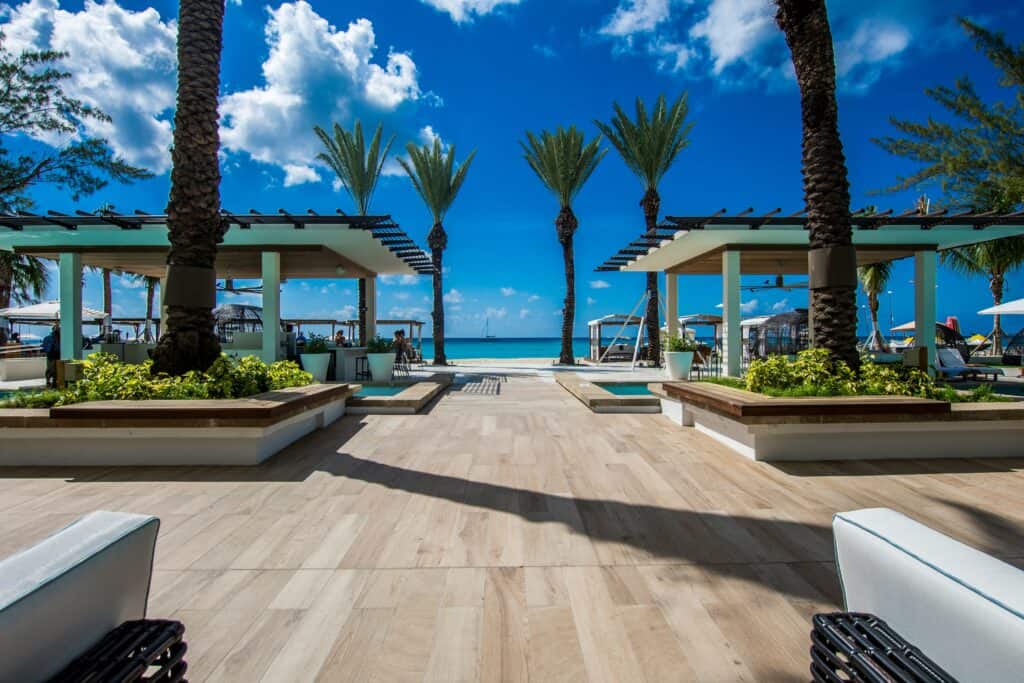
International Day of Zero Waste
The challenges associated with inadequate waste management are not limited to the Caribbean.
Global estimates suggest that at least 2.24 billion tons of municipal solid waste is generated every year.
If sufficient action isn’t taken to curb the problem, that figure can increase to 3.8 tonnes of municipal solid waste being generated annually by 2050.
Annually, the UN International Day of Zero waste is celebrated on March 30 to raise awareness on the work that can be done to minimise high waste generation and mismanagement.
Improvements in these areas can help the world fulfil the 2030 Agenda for Sustainable Development and ensure the needs of today’s society can be met without compromising the ability of future generations to meet their own.
Adopting sustainable consumption, production patterns, and circularity, contributes to the UN Sustainable Development Goal 11 and Sustainable Development Goal 12.
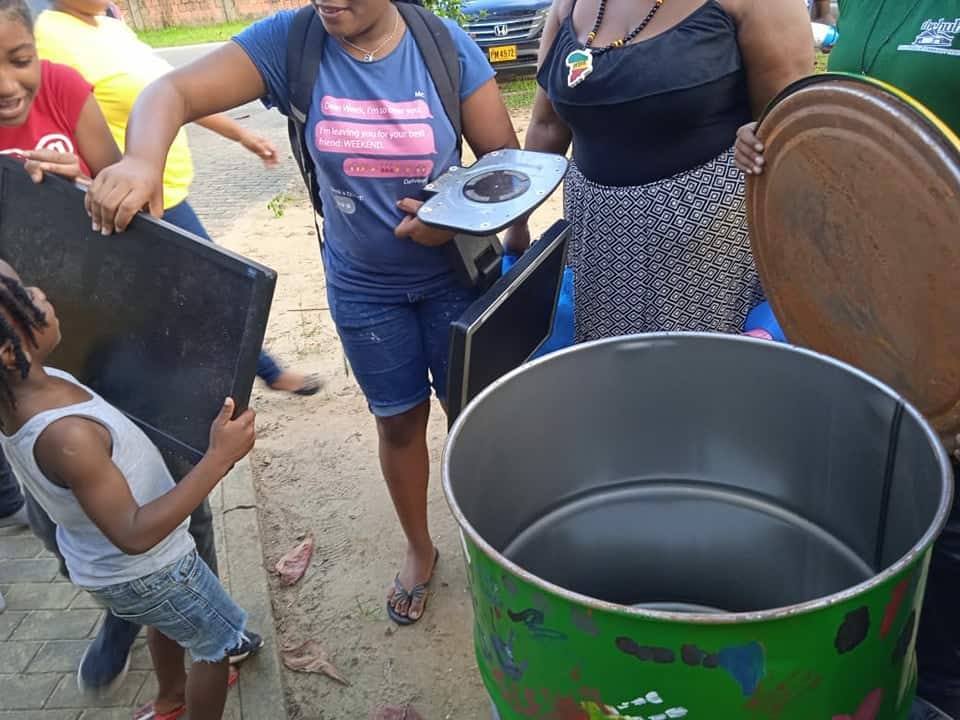
Can Caribbean society achieve Zero Waste?
The Caribbean should place emphasis on working towards zero waste practices which aim to minimise or eliminate waste generation by redesigning products, processes, and systems.
By doing this, consumption can be reduced while materials can be reused or recycled with food being composted.
At the individual level, people can adopt better consumption and waste management practices by making lifestyle changes.
Focusing on how you shop and what you purchase can lead to a reduction in using single-use and highly disposable items such as plastic bags, straws, utensils, and water bottles.
People should consider reusable alternatives including items made from more durable and long-lasting materials like glass, stainless steel, or bamboo.
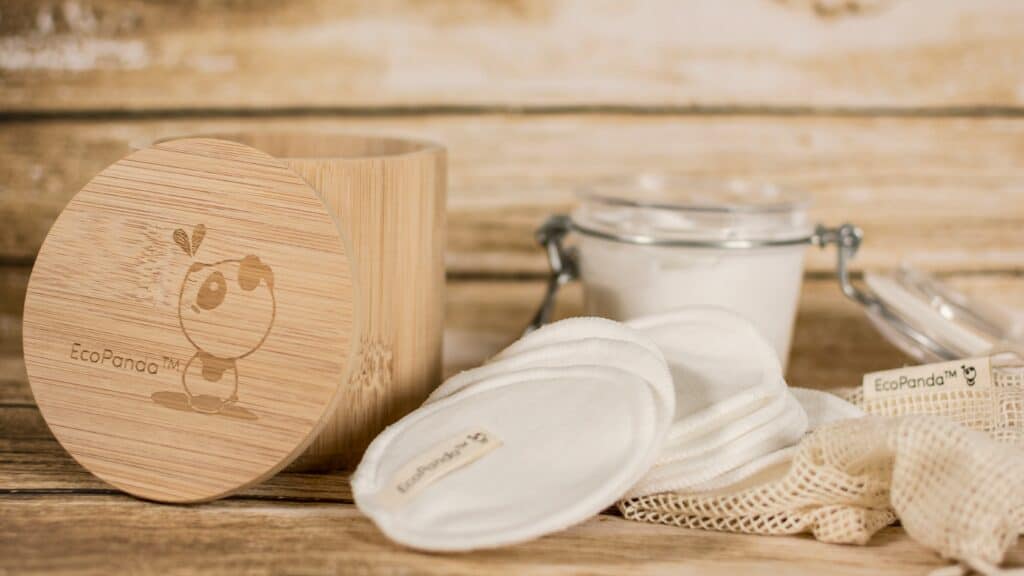
More eco-friendly practices also include buying products with minimal or no packaging.
If this isn’t possible, buying products packaged in recyclable or compostable materials is also a great choice.
When meal planning, minimise food waste by only cooking the portions needed and composting organic waste.
Other steps which contribute to reducing waste generation in the region include repairing/maintaining electronic items instead of constantly upgrading, repurposing items like mason jars or even donating, thrifting, and re-selling clothing items.
Identifying appropriate recycling companies, supporting their on-the ground initiatives, and also promoting their operations can also prove useful.
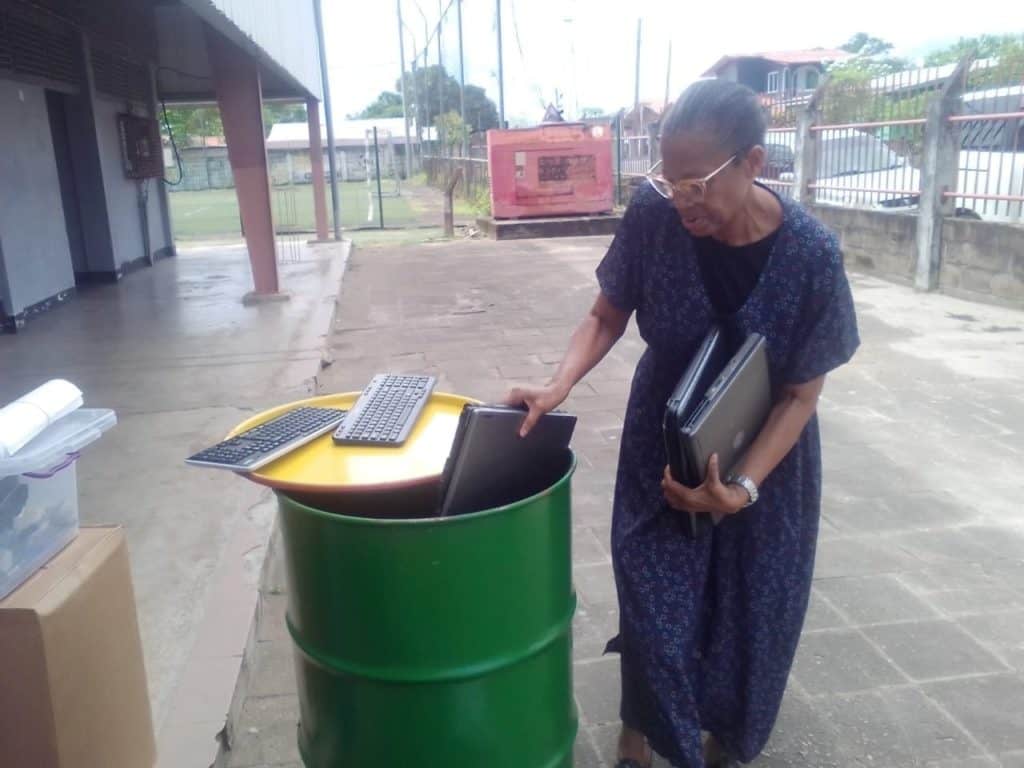
How the Caribbean Biodiversity Fund supports zero waste efforts
The Caribbean Biodiversity Fund (CBF) is a regional umbrella environmental fund that implements solutions to regional environmental issues and consolidates regional conservation impacts in the Caribbean.
The CBF’s Nature-Based Economies Program is working on a sustainable financing mechanism for marine protection in the Caribbean via its Advancing the Circular Economy (ACE) Facility.
A shift to a circular economy, which embraces zero waste, can contribute to global savings of USD $70 billion by 2040 and create 700,000 additional jobs.
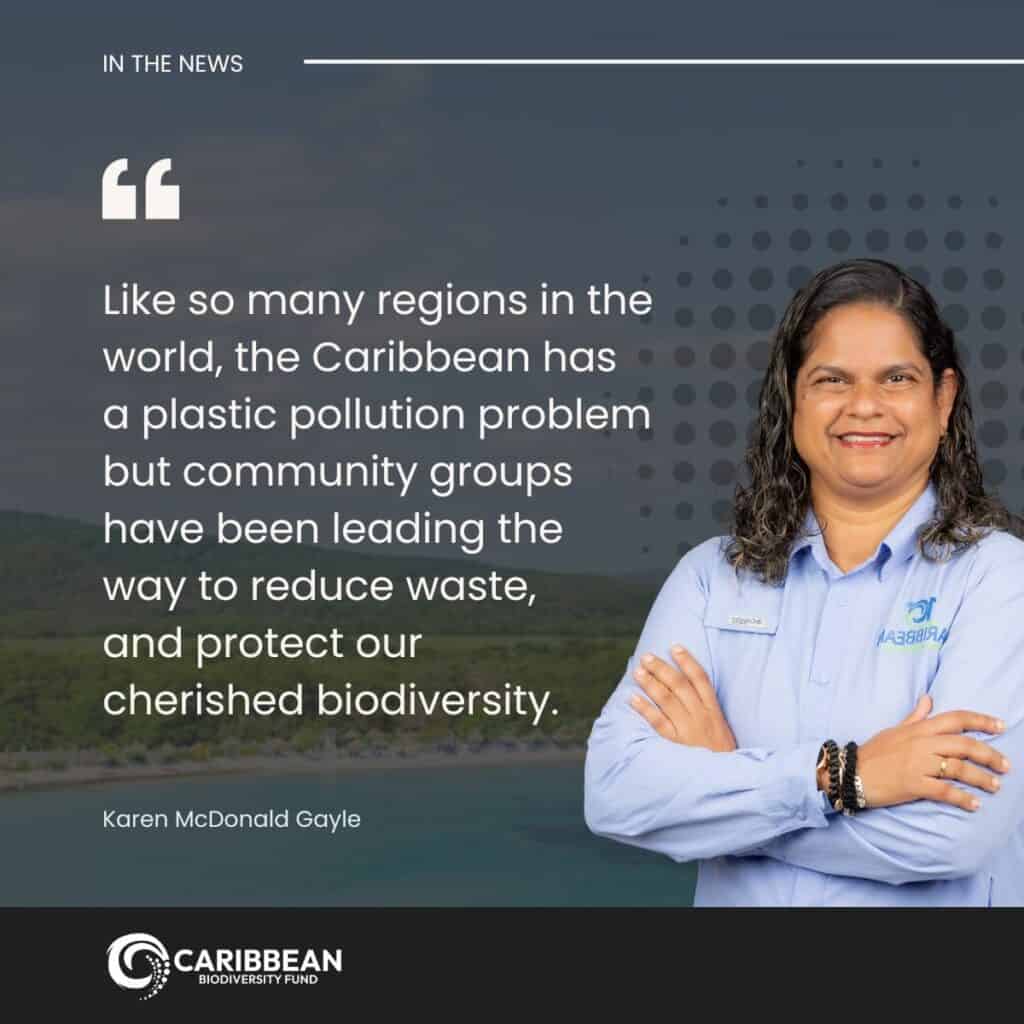
In the Caribbean, the CBF is working towards mobilising approximately USD $28 million towards:
- The removal and/or prevention of litter from entering the marine environment through sustainable projects financed by the ACE Facility
- The promotion of sustainable approaches to ACE Facility projects that ensures they operate financially independently by the end of the project
- The formulation of new and/or strengthen existing partnerships that promote the circular economy in the Caribbean.
Join the Caribbean Biodiversity Fund on the journey to a zero-waste Caribbean. For additional information on the work of the CBF’s ACE Facility, please visit: caribbeanbiodiversityfund.org and contact Rachel Ramsey, NBE (ACE Facility) Program Manager at rramsey@caribbeanbiodiversityfund.org





